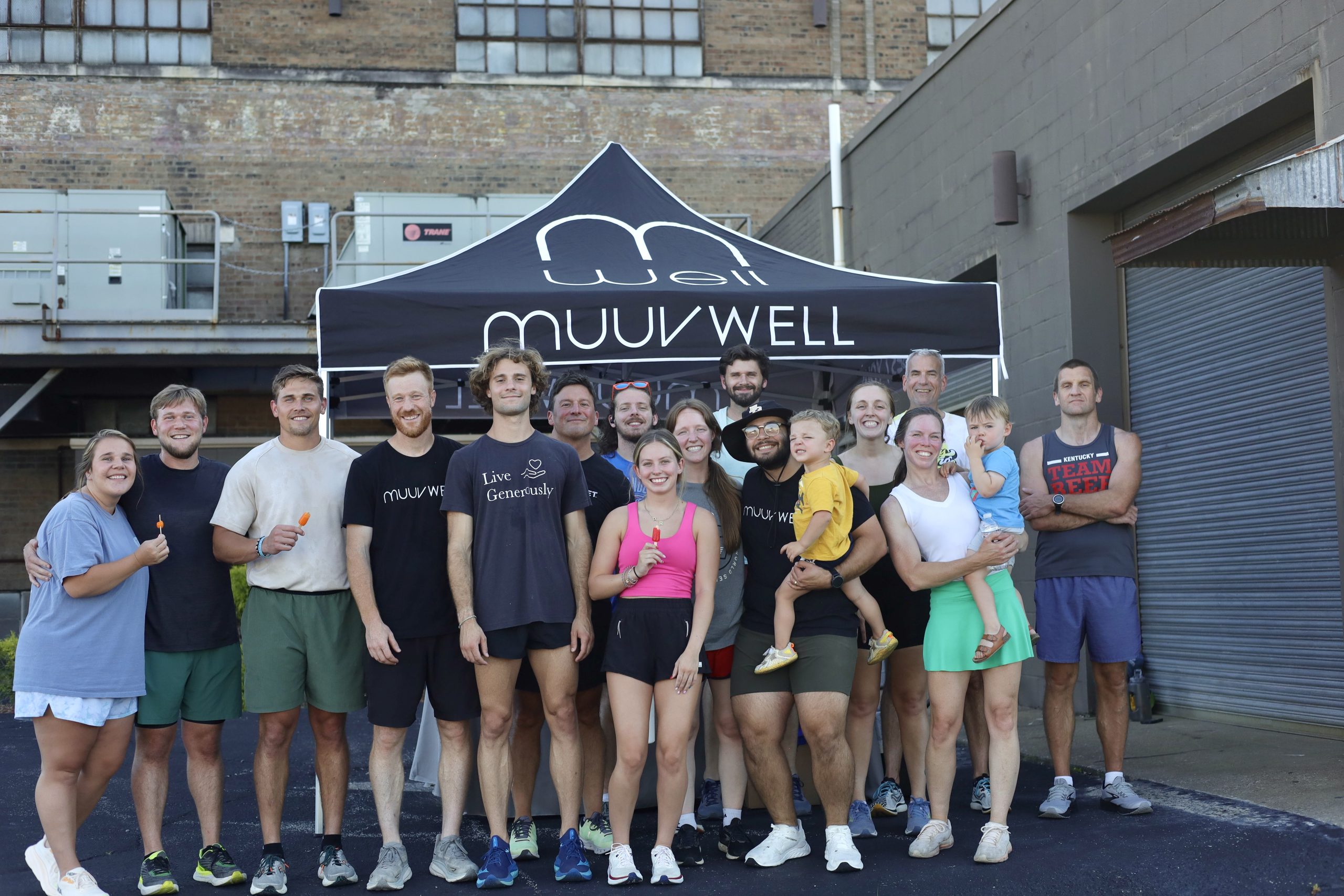Community – One Dimension of Wellness
Wellness is the act of practicing healthy habits on a routine basis to attain better physical and mental health. It goes far beyond healthy eating or going to the doctor for a regular check-up. Wellness could also be described as aiming to thrive, rather than just survive.
There are actually eight interdependent dimensions of wellness, including emotional, physical, occupational, financial, spiritual, intellectual, environmental, and social. In an increasingly digital world, we often overlook the health impact of social wellness. Social well-being focuses on relationships, self-expression, and community. Our phones, virtual workspace, and social media can offer a platform where we can connect with others. Unfortunately, this digital world can also be isolating.
How Community Impacts Health
As humans, we thrive when we feel as though we belong. Being part of a community provides a sense of belonging and connectedness, which is essential for emotional health. Social interactions within a community help reduce feelings of loneliness and isolation, which are major risk factors for depression and anxiety. Engaging with others in meaningful ways fosters a sense of purpose and contributes to a positive self-identity, bolstering mental resilience. In fact, people live years longer when they feel they have a connection to their community.
On a physical level, communities often facilitate healthier lifestyles through shared resources and activities. Community centers, parks, and recreational groups offer opportunities for physical exercise, which is crucial for maintaining a healthy body. Support and encouragement from a community (friends, co-workers, charities, etc.) can help individuals manage stress, illness, or tough times. This social support network acts as a buffer against the challenges of life, enhancing an individual’s capacity to cope and thrive. Essentially, community is a foundational dimension of health, providing the emotional, physical, and practical support necessary for a healthy and fulfilling life.
Celebrate – or Create – Your Community
If you feel connected to a community, keep it going. In this sense, community could be your neighborhood, work, church, gym, friend group, school, an organization – anywhere you have the opportunity to connect and engage with others. Continue to participate in or work to improve the communities you feel fulfill this area of your well-being.
Although, if you feel like this area of your wellness isn’t quite as fulfilled or robust as you would like it to be, how can you lean in to find or create community? Here are a few prompts to explore in your community search:
- Consider people, organizations, or causes you admire.
- What skills or natural talents might you be willing to share with others?
- What do you value or feel passionate about?
Luckily, this area of wellness doesn’t take a huge investment to pay off. Literally, it doesn’t have to cost a penny. In reality, just by reading this article, you are actively engaging with your Muuvwell community. Building your community could be as simple as walking with a co-worker for 20 minutes after work on Tuesdays. Perhaps checking out a free concert series at a local park. Or maybe volunteering for an organization with a cause that means something to you. All of these options are opportunities to connect with someone, or many people, and share an experience or offer support. How might you be able to make this area of your well-being more robust and fulfilling?




